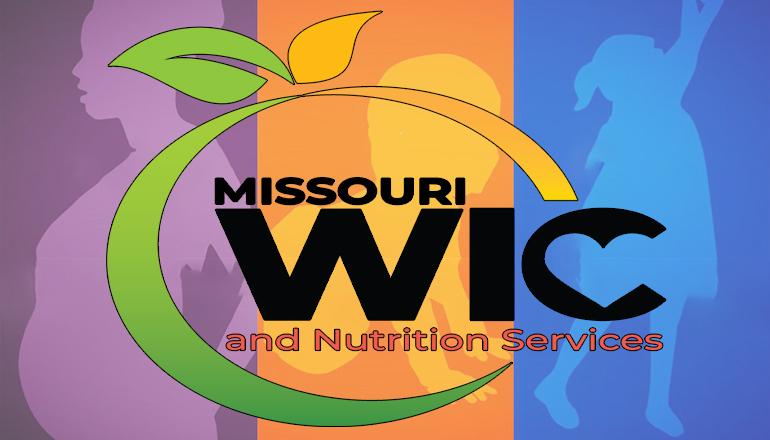(Missouri Independent) – Missouri has one of the lowest participation rates for a federal program that provides food for low-income women and young children, a recent report found.
The report, from the U.S. Department of Agriculture’s Food and Nutrition Services, also noted that Missouri is one of 17 states with “coverage rates consistently lower than national rates across all categories and age groups.”
In Missouri, the Women, Infants and Children, or WIC, program, is operated through the Department of Health and Senior Services and delivered by local health agencies.
A spokesperson for the department, Lisa Cox, said the overall participation rate in WIC has “decreased over the last several years and decreased sharply during the pandemic when it was difficult to access WIC benefits in person at times.”
The department is planning to move to an online processing system “before the end of 2024” to improve accessibility — a shift that began in 2021.
The report found that only 39.5% of eligible Missourians participated in WIC in 2021. Roughly 215,000 people in the state were eligible for the program and only 84,900 participated.
The WIC program provides supplemental food, nutrition education and referrals to health care to low-income pregnant, breastfeeding and postpartum women, infants, and children up to age 5 who are determined to be at nutritional risk.
It’s a federal program but participation rates are far from uniform across the country: The rates of the eligible population participating in WIC ranged from a low of 35% in Arkansas to a high of 72% in Vermont. States administer and oversee the program.
The other six states with coverage rates below 40% were Arkansas, Illinois, Louisiana, New Mexico, Ohio, and Utah.

The report comes as the state health department works to overhaul its burdensome system which stymies participants’ access to benefits.
The federal report appears to be the first to measure participation in terms of eligibility for 2021. It did not give reasons for the varying rates of coverage, but a report last year pointed to the differences in delivery systems, outreach and coordination levels, and staff capacity.
Unlike almost every state, Missouri lacks a system to remotely and automatically reload benefits onto participants’ cards.
Instead, as of last year, Missouri was one of just nine states that uses a WIC system that requires participants to bring their benefits cards to the local agency office when loading benefits — what’s called an “offline” system for reloading benefits. Those benefits can then be used at grocery stores to purchase eligible items.
Most other states operate “online” systems capable of remotely and automatically reloading benefits.
There are economic and transportation barriers to accessing benefits in person, researchers have found. One participant told The Independent she has to “request off work just to come to load the card.”
The state is “actively pursuing technology updates to improve access to WIC services and benefit redemption processes,” Cox said. The department is working to improve outreach and remove some barriers to remote service, which is “expected to have a positive impact on WIC participation.”
Missouri chose an offline system based on an analysis conducted roughly a decade ago, Cox previously told The Independent. When, during COVID, “it became apparent that an online system would be more user friendly,” Cox said, “Missouri WIC was unable to change that decision mid-implementation.”
From October 2022 to September 2023, the rate of participation increased by around 8%, Cox added. The state doesn’t measure participation in terms of the eligible population in the same way the federal data, which lags, does.
The department data shows 93,050 people participated in WIC in September of this year.


